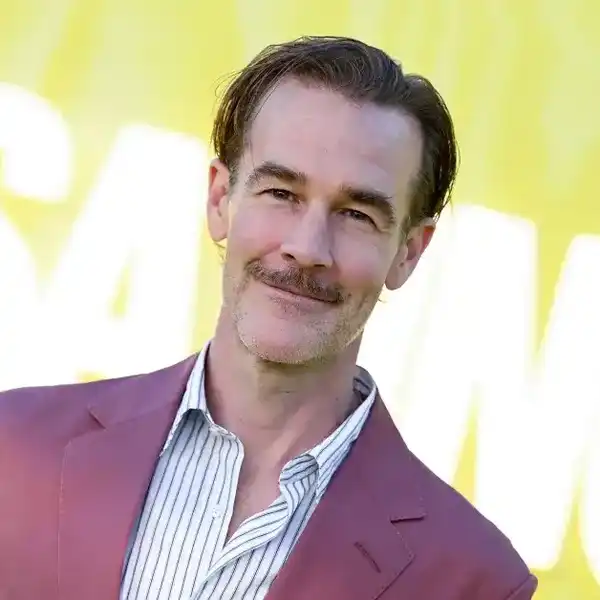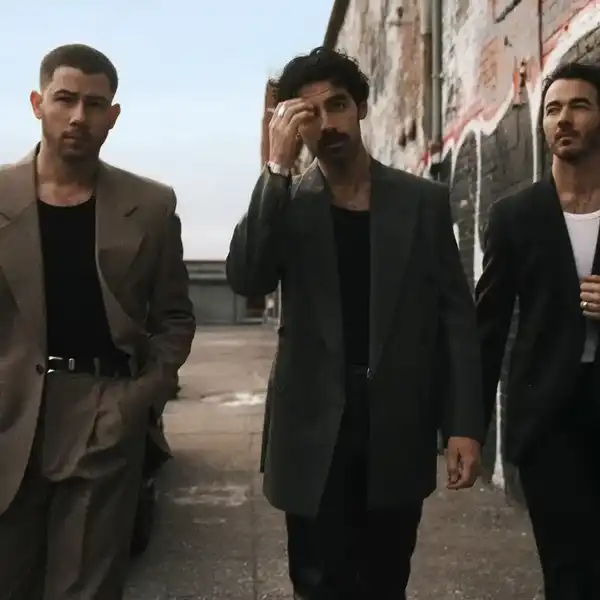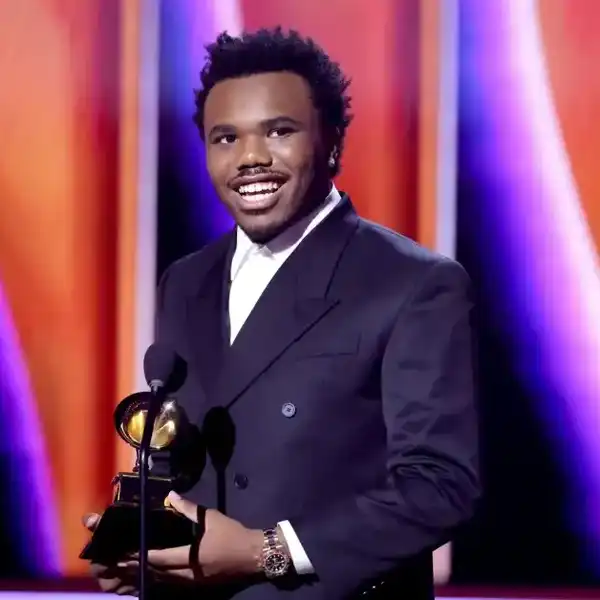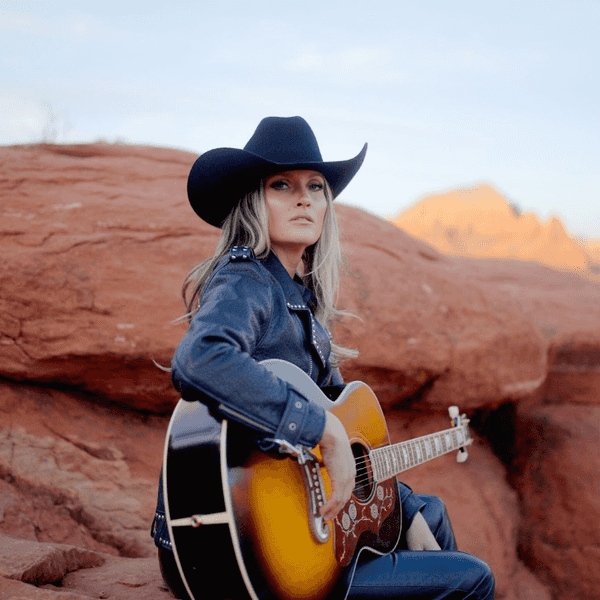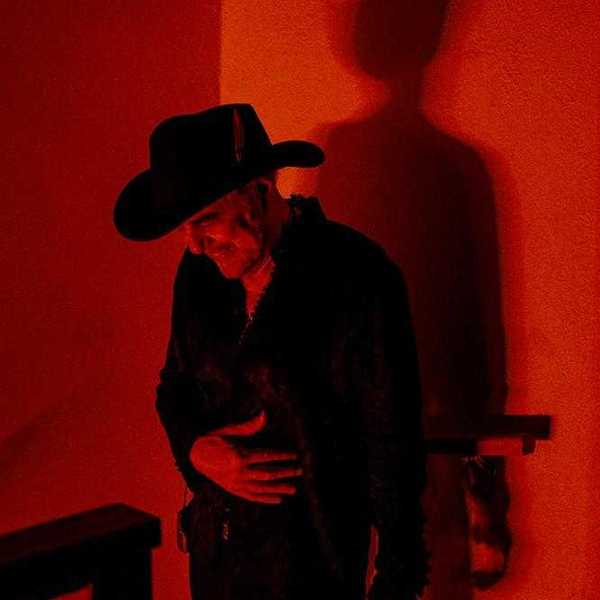Our Lives In Black & White - The ‘90s, And Then Some!
In a recent thorough cleaning of our neglected garage, I unearthed an orange-coloured box of black and white photographs from the ‘90s.
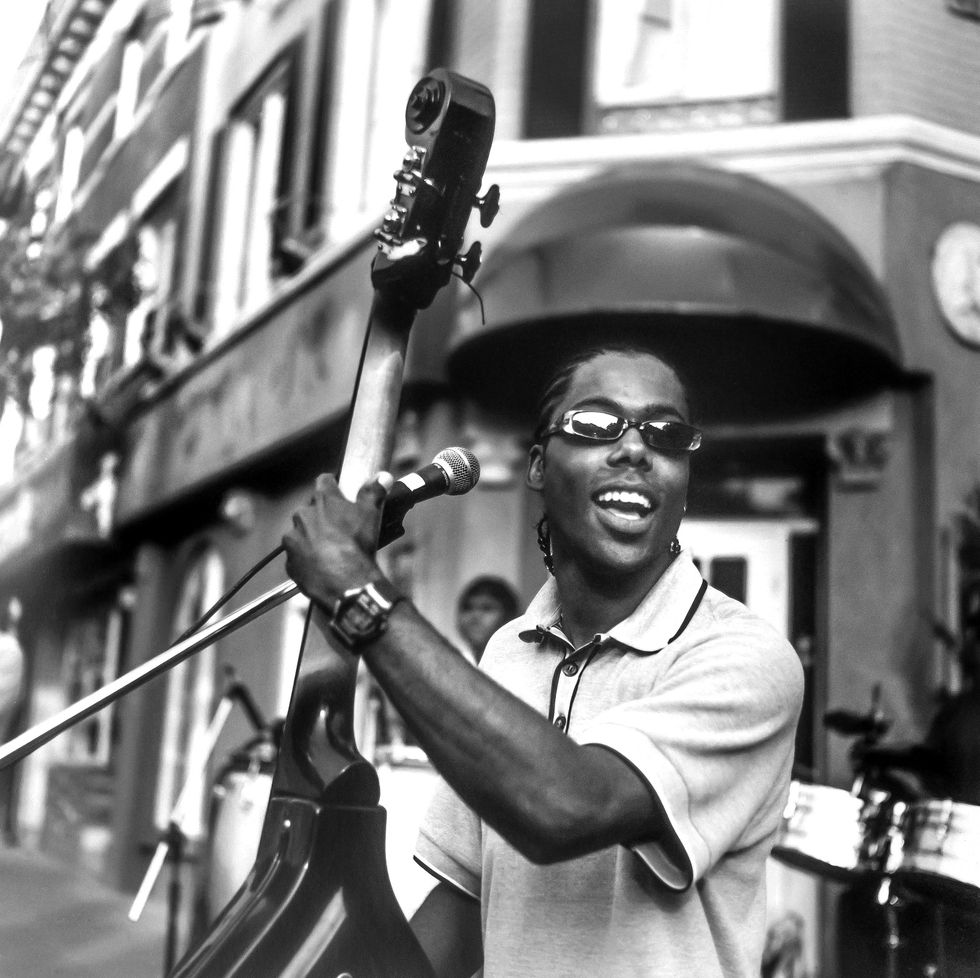
By Bill King
In a recent thorough cleaning of our neglected garage, I unearthed an orange-coloured box of black and white photographs from the ‘90s. I recognized the contents and the purpose behind the broad protective housing.
My first inclination was to grab the smartphone, photograph a few, and post on Facebook. Moments later, people began commenting with the photos – some of the musicians who had long ago passed. With that in mind, I began searching through other boxes and documenting. Then the massive undertaking, pulling out the many binders of negatives, reviewing, scanning, spotting and correcting. One solid week, fourteen-hour days, culminating in a 4KHD video of 100 images; Our Lives in Black & White – The ‘90s.
When I first started printing from negatives, I’d bike daily to West Camera on Queen Street West and rent darkroom space. Those orange boxes contained 100 sheets of photo paper, ample supply to engage in the art of printing. The delight of watching an image of worth ascend from the blackened shadows fulfilled an impulse to move something stored in imagination into the real world. From there, it was manipulating F-stops, timers, dodging and burning. Each step influenced the success of each print.
Those moments, in particular, were transitional years for local musicians. We see the progress of young lions, saxophonists Mike Murley, Bob Brough and Kirk MacDonald, guitarists Reg Schwager and Lorne Lofsky, bassists Neil Swainson and Rich Brown, singer Emilie-Claire Barlow, pianist Dave Restivo. Also, reliable studio work for players like trumpeter Guido Basso, multi-reedman/flautist Moe Koffman, keyboardist Doug Riley and multi-instrumentalist Don Thompson. Not only giants of the recording scene but bandleaders of significant influence. These were the last hours of an era that safeguarded players with enormous sight-reading and performing skills a healthy income.
Koffman foresaw the coming storm, the digital revolution, and changed gears and took to the road. Money made performing live. Through CD sales, coast-to-coast festivals, club dates, corporate gigs, music publishing, composing – all prosperous if one could get the business side structured. It was during this intermediate period I began to pursue photography as passionately as music.
In 1989, renowned jazz photographer Paul Hoeffler approached me a year after partner Greg Sutherland and I established The Jazz Report Magazine. Hoeffler was a master printer and erstwhile former student of noted black-and-white photo icons Minor White and Ansel Adams at the Rochester Institute Technology - Rochester, New York. Hoeffler earned a reputation through his 1955 captures of Louis Armstrong in his dressing room before the big show in Rochester and Duke Ellington at the Newport Jazz Festival in 1956. From there, heroic pictures of Billie Holiday, Ella Fitzgerald and Sarah Vaughan.
In the latter years, Hoeffler became a recognized curator of mid-century jazz through his work for Verve, Mercury, Prestige and Blue Note jazz labels, culminating in over 200 photos in Ken Burns’ 2001 documentary mini-series Jazz. The acknowledgment placed Hoeffler alongside other photo dignitaries Herman Leonard, William Claxton, Roy De Carava and William Gottlieb. Hoeffler died of cancer in 2005 at the advent of the digital age of photography.
During a remarkably productive apprenticeship with Paul, I moved from nightclubs to concerts and backstage capturing these images. By day I hung around Paul’s boxing photos in those cast-off orange cartons from West Camera—the replicas and negatives while examining every corner of Hoeffler’s master prints. I logged each minute of discourse and criticism and committed it to my work. When reviewing this era - the players and sustained movement, I’m reminded - this is Us – our lives, music, and love for art. Thank you, Paul and the second round of gratitude to African-American Gordon Parks – essayist, documentary film director, photographer, musician and composer. A true renaissance man, inspiration and genius!




